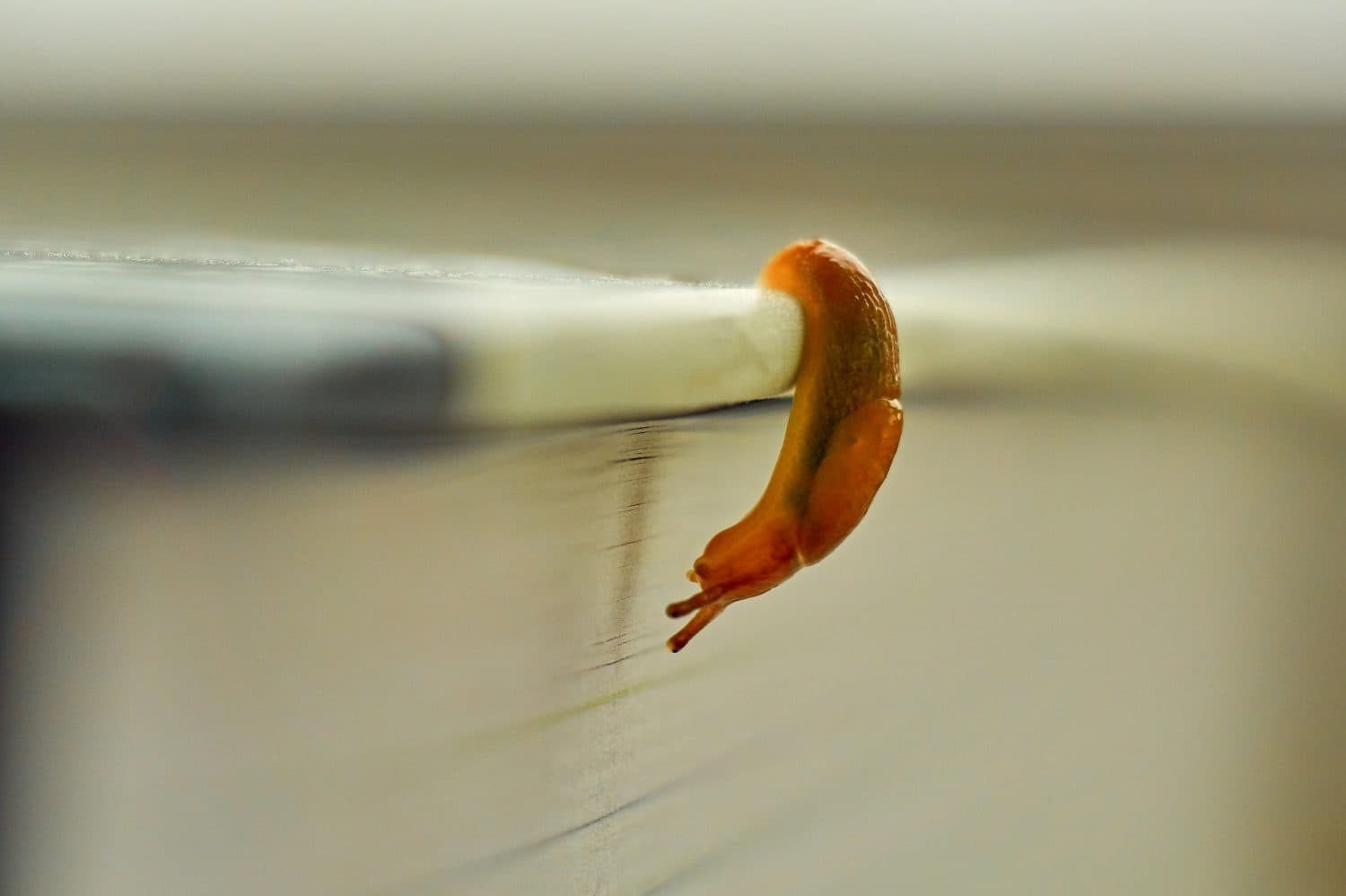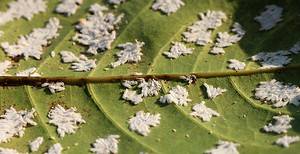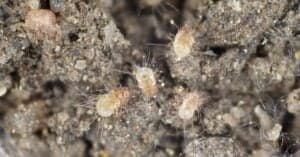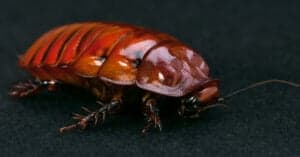Slugs are usually content to munch away in your garden. However, sometimes they make their way inside of houses. Because they are nocturnal, homeowners may wake up in the morning to the nasty surprise of finding slimy trails that appear overnight across surfaces such as floors or kitchen cabinets. The slimy residue is generally not harmful, but it can transmit parasites (such as rat lungworm) to pets if they eat their slime or eat the slugs themselves. Lungworm is generally found in the Pacific Islands, Southeast Asia, and sometimes Hawaii. Furthermore, the residue from slug trails can be difficult to clean and frustrating to find reappearing each day. Read on for four reasons slugs are in your house and how they might be getting in.
1. They are looking for food
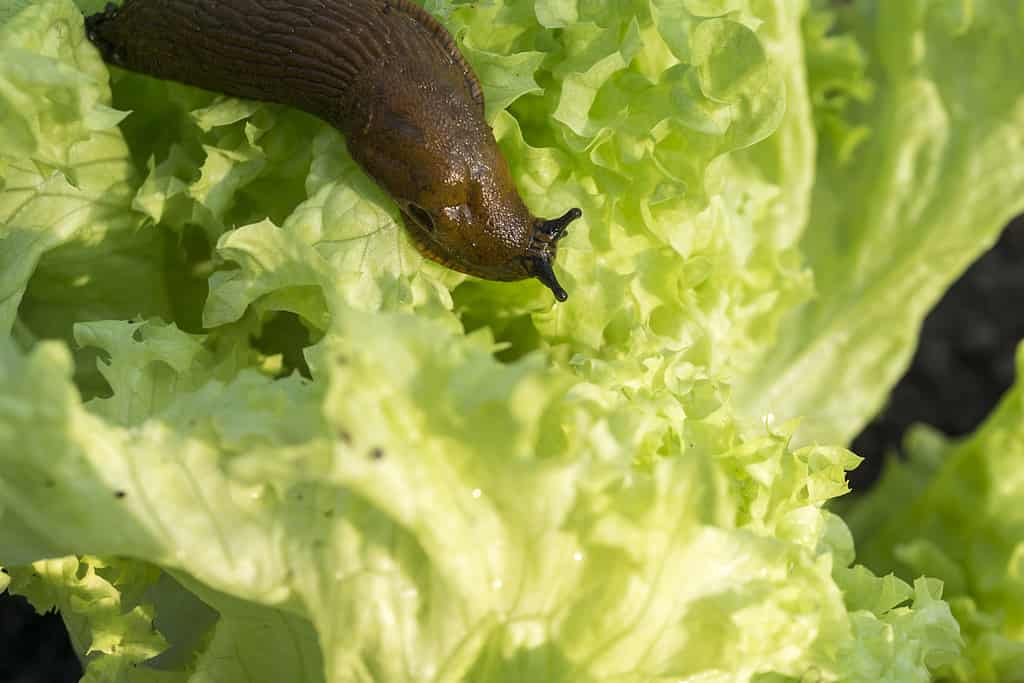
Slugs have an amazing sense of smell.
©gabort71/iStock via Getty Images
Slugs may come into your house to search for food using their sense of smell, which is very strong. These shell-less land snails have one nose on their head and one on their tail. Amazingly they can also smell with their eyes (which are on tentacles on the top of their head.) Therefore, some people say slugs have four noses. Slugs use this fantastic sense of smell to sniff out food from a distance, which is why they may venture inside your home in search of your pantry. If you have a slug infestation, be sure not to leave food out overnight and avoid letting stacked dishes sit in your sink.
2. They are trying to get out of the cold

Slugs are not active when temperatures drop below freezing.
©Volodymyr_Plysiuk/iStock via Getty Images
Like many insect invaders, slugs are cold-blooded. Unable to regulate their body temperature, they may be drawn to your house for the warmth. Once the nights start cooling down, slugs may think the inside of your heated home is more attractive than being outdoors.
3. They are attracted to wet conditions

Slugs need a wet environment to survive.
©Haggardous50000/Shutterstock.com
Slugs won’t survive long in dry conditions. They thrive in damp environments, such as damp leaf piles, decaying mulch, and just about any place that stays moist. Slugs may come into your home to seek out drains, damp vents, condensation on windows, or a moist basement. They will hide out in dark and damp areas during the day, which is why you may only see their trails, and not the slugs themselves, during the day.
4) They are looking for shelter
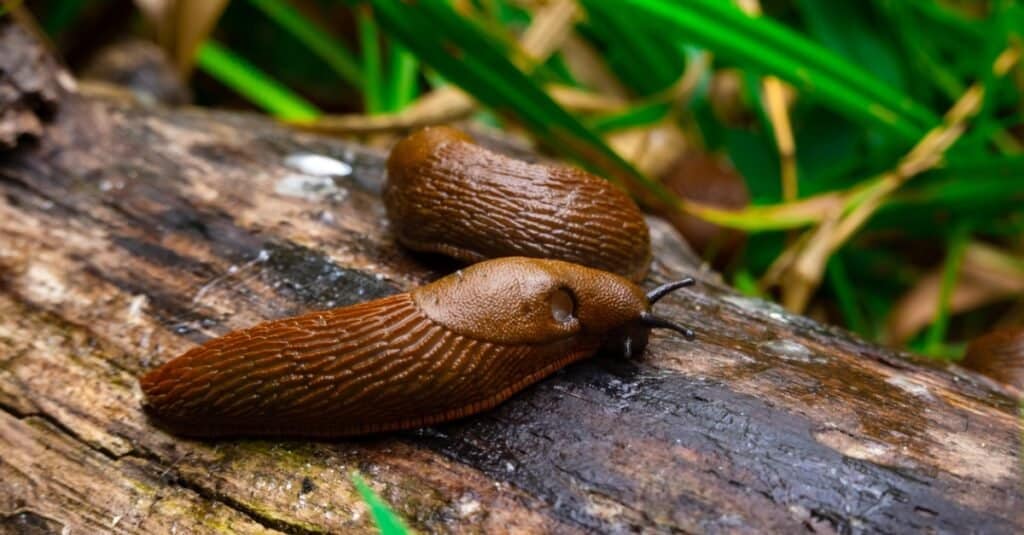
Slugs may be attracted to your home in their search for shelter.
©iStock.com/Ja'Crispy
Slugs may come into your home to find shelter away from the sun during the day. They can hide out during the day in a dark crevice, and come out in search of food at night.
How Do Slugs Get In Your Home?

Regular table salt will dehydrate slugs.
©Billion Photos/Shutterstock.com
Slugs can squeeze their bodies into very small openings to get inside your house. Slugs may creep in through gaps around windows, small cracks in the walls, vents, cracks around pipes, or any other small opening.
The best way to prevent slugs from entering your home is to seal every crack or crevice you can find. If you’re already dealing with a slug invasion, there are various natural methods to get rid of them. You can use natural slug repellants (like coffee or citrus peels.) Salt dehydrates and kills slugs, so sprinkling salt around the outside of your home can act as a barrier. Pouring a line of diatomaceous earth around the perimeter of your house can also act as a barrier, as it causes slugs to dry out.
Thank you for reading! Have some feedback for us? Contact the AZ Animals editorial team.

